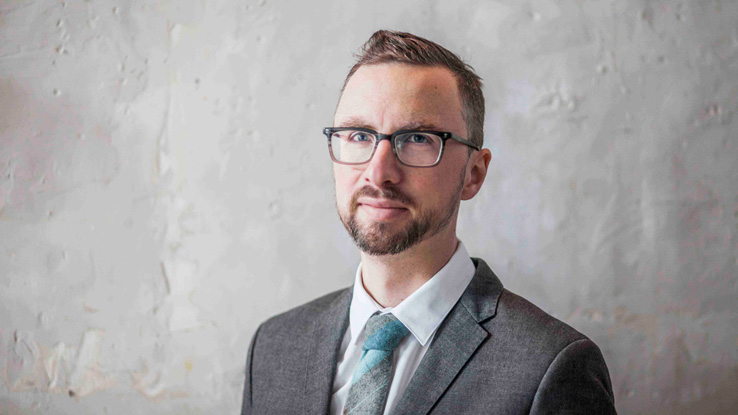Toronto updated its 14-month-old decriminalization request to the federal government Friday, clarifying it wants a Health Canada exemption to cover young people as well as adults, and all drugs for personal use.
The city’s submission, an update to its initial January 2022 request, indicates Toronto wants the federal agency to go further than the exemption it recently granted to British Columbia under the Controlled Drugs and Substances Act.
It makes clear the city wants its exemption to apply to all drugs for personal use and shield young people from criminalization, a departure from the B.C. exemption, which only applies to adults and lists a select number of substances.
Medical Officer of Health Dr. Eileen de Villa says the submission sent to Health Canada, co-signed by the city’s police chief and city manager, is a “made-in-Toronto” model reflective of a months-long consultation process.
“We’re talking about a matter of health and a matter of human rights, not one that really is meant to be addressed or is best addressed with a criminal justice approach,” she said in an interview. “That’s why we’re pursuing this route.”
B.C.’s three-year exemption under the Act was granted in June and came into force Jan. 31. While that exemption caps possession at 2.5 grams, the Toronto submission does not outline a specific threshold for what constitutes personal use.
Pace of approval process has garnered criticism
Drug use and purchasing patterns are “exceptionally diverse,” the submission said, and can vary based in part on a person’s tolerance. All trafficking and drug production would remain illegal.
Whereas the B.C. exemption only applies to people 18 and older, the Toronto model would also apply to young people. A 2019 survey conducted by the Canadian Association of Mental Health indicated around 11 per cent of Ontario students in Grades 7 to 12 reported the nonmedical use of opioids in the past year.
Eight people aged 12 to 17 died from opioid overdoses in Toronto between 2019 to 2021, the submission said.
“Health issues are health issues regardless of the person involved,” said de Villa.
“That’s why we feel that this is something that does have to apply to all so that we’re sure that even the youngest members of our community are having their health issues looked at and addressed through a health lens rather than through something like a criminal justice lens.”
The pace of the approval process has garnered criticism from drug users and advocates who say it fails to match the urgency required of an overdose crisis that has kills hundreds of people every year in Toronto.
“They’re moving way too slowly. So, it’s nice to see movement. It’s just whenever you see a little bit of movement, I think, for me at least, it hits home just how slowly this process is going — how much we’re dragging our feet,” said Dan Werb, director of The Centre on Drug Policy Evaluation at St. Michael’s Hospital.
Decriminalization will not make the street supply any less toxic, Werb says, but it could reduce the barriers people face to accessing services that help prevent them from dying of overdoses.

